Engineering Heat-Tolerant Coral Microbes: A Solution to Coral Bleaching?
Climate change has multiple effects on the ocean due to human activities, such as greenhouse gas emissions. These gases rise into the sky, trapping surplus heat from the sun into the sea, causing a domino effect.
Deep Sea Exploration: Mining & Mysteries —Should they be Solved?
Humanity has only explored 5% of the World’s Oceans, leaving 95% undiscovered, and ultimately unknown to man (NOAA)
Marine Renewable Energy: Tidal and Wave Power
The Earth's oceans, covering over 70% of its surface, hold immense potential for renewable energy through tidal and wave power.
Marine Algae and Its Potential Uses
Marine algae are integral components of marine ecosystems. They are broadly classified into three main groups: Green algae (Chlorophyta), Brown algae (Phaeophyceae), Red algae (Rhodophyta).
Case Study on Marine Food Webs
Marine ecosystems are dynamic environments where a diverse range of species interact through complex food webs.
Impact of Plastic Pollution on Marine Life
Plastic pollution is one of the most pressing environmental problems affecting the world's oceans.
The Impact of Noise Pollution on Marine Life
Noise pollution in oceans and other water bodies is caused by human activities such as oil exploration, commercial shipping, offshore wind turbines, and seismic surveys.
Case Study: Heavy Metals Pollution in Water
Heavy metals such as lead (Pb), mercury (Hg), arsenic (As), cadmium (Cd), and chromium (Cr) are naturally present in the Earth's crust.
Is the ocean turning acidic?
Ocean acidification is acid formation when the ocean absorbs high levels of carbon dioxide (CO₂) gases from the atmosphere.
Oil Spills
The release of petroleum products into the environment, particularly in marine ecosystems, causes significant environmental disasters.
Case Study: Current Ongoing Research in Marine Conservation
According to a report by Office of GY4ES.ORG (2023), Versova Beach in Mumbai, India, was once a pristine coastline but became overwhelmed by plastic pollution over the years.
What even is erosion?
Erosion is a geological process in which Earth's surface materials, such as soil, rock, and sediment, are worn away and transported by natural forces like water, wind, or ice (National Geographic, 2022). Water and ice, particularly glaciers, are the most common agents of erosion.
Eutrophication in the World’s Oceans
Eutrophication occurs when bodies of water—such as oceans, rivers, and lakes—become overly enriched with nutrients like nitrogen and phosphorus (Akinnawo, 2023).

